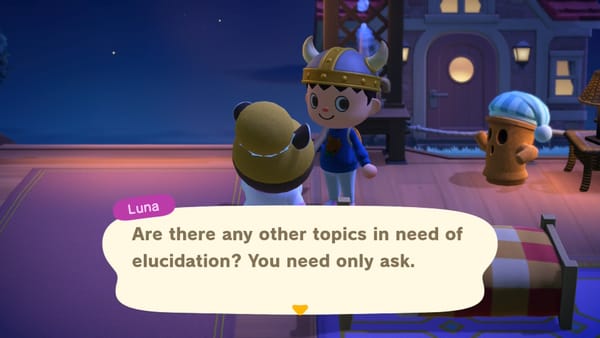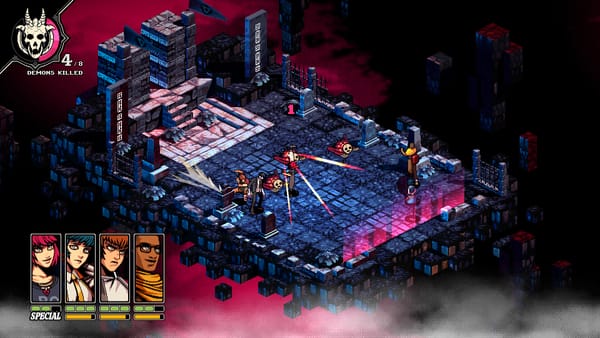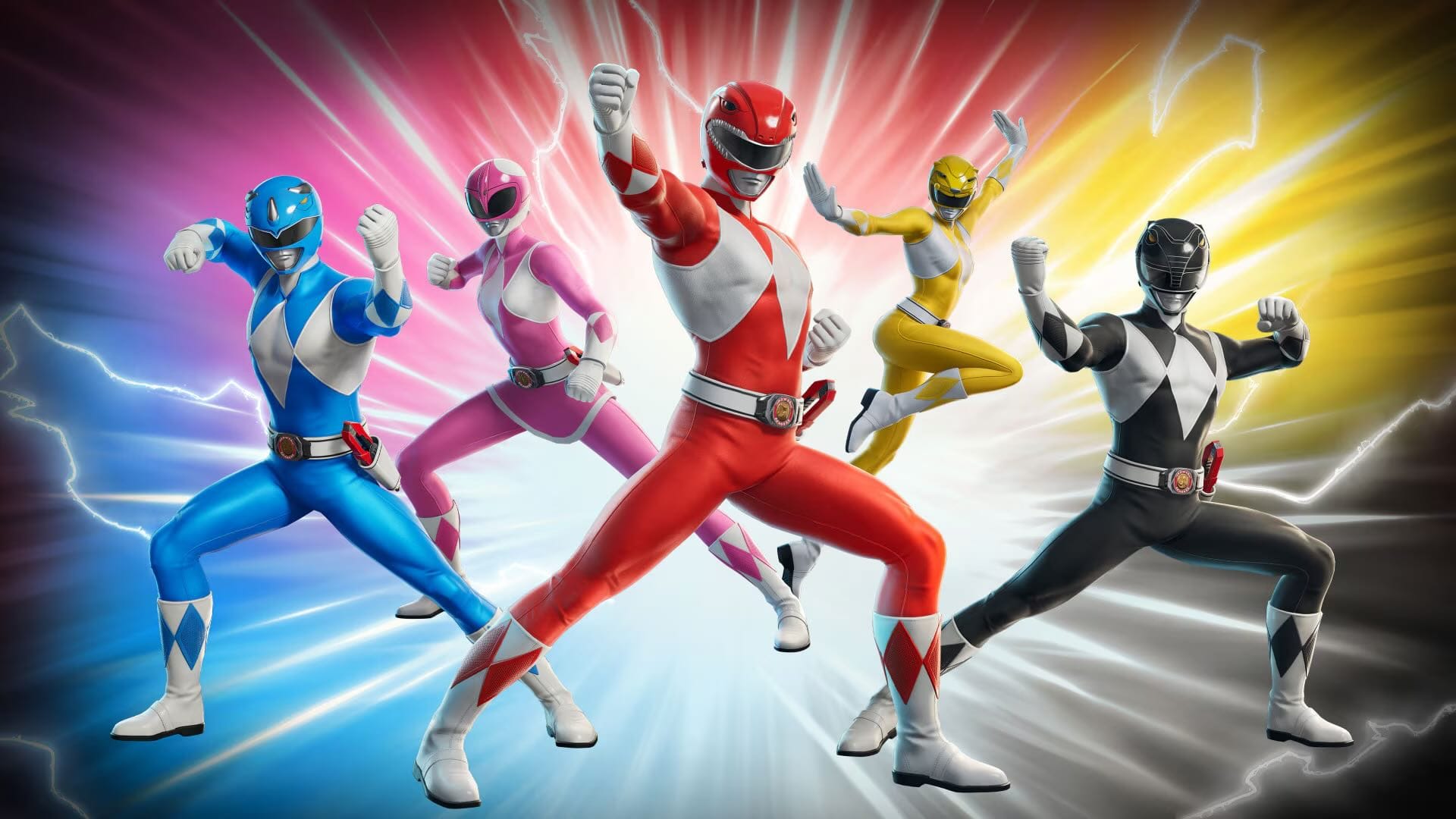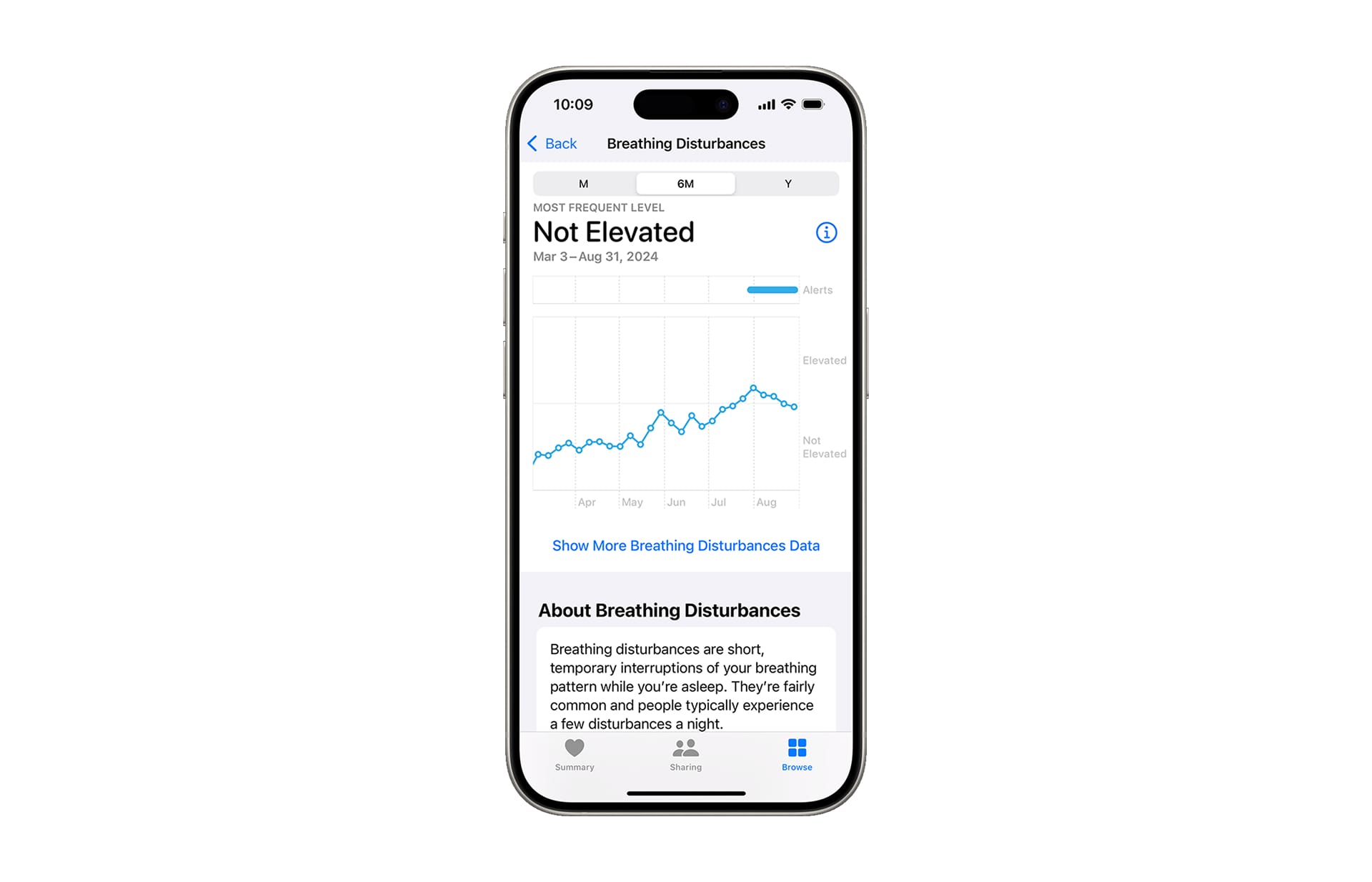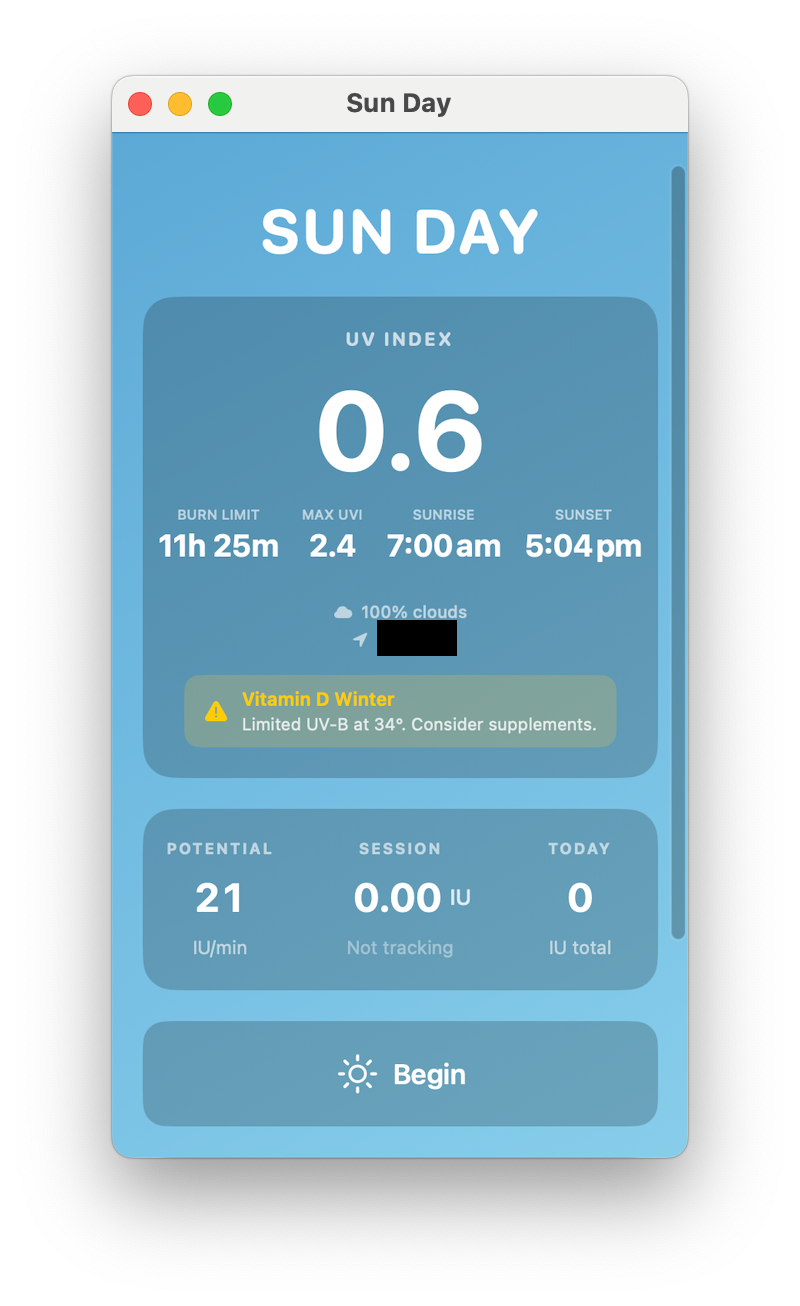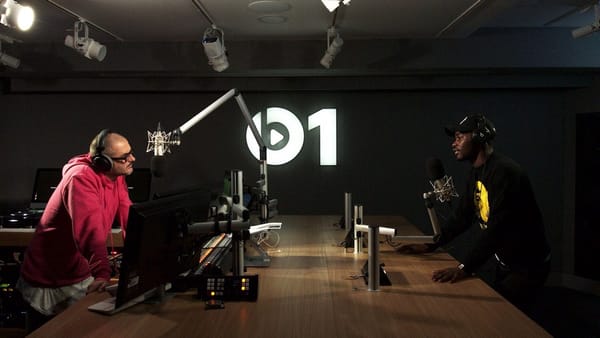Marathon scores a tasty Limited Edition DualSense - perhaps the best of this console generation.
Bungie and Sony have announced that upcoming title Marathon has a release date. The game is arriving March 5, 2026, alongside a Limited Edition DualSense controller.
In a generation of just plain boring Limited Editions, the Marathon controller actually looks nice and unique. Lets hope the game is equally special and not another live-service PlayStation dud. Eat your heart out The Last Of Us: Factions (which was cancelled) and Concord (which was shut down just weeks after its launch).



